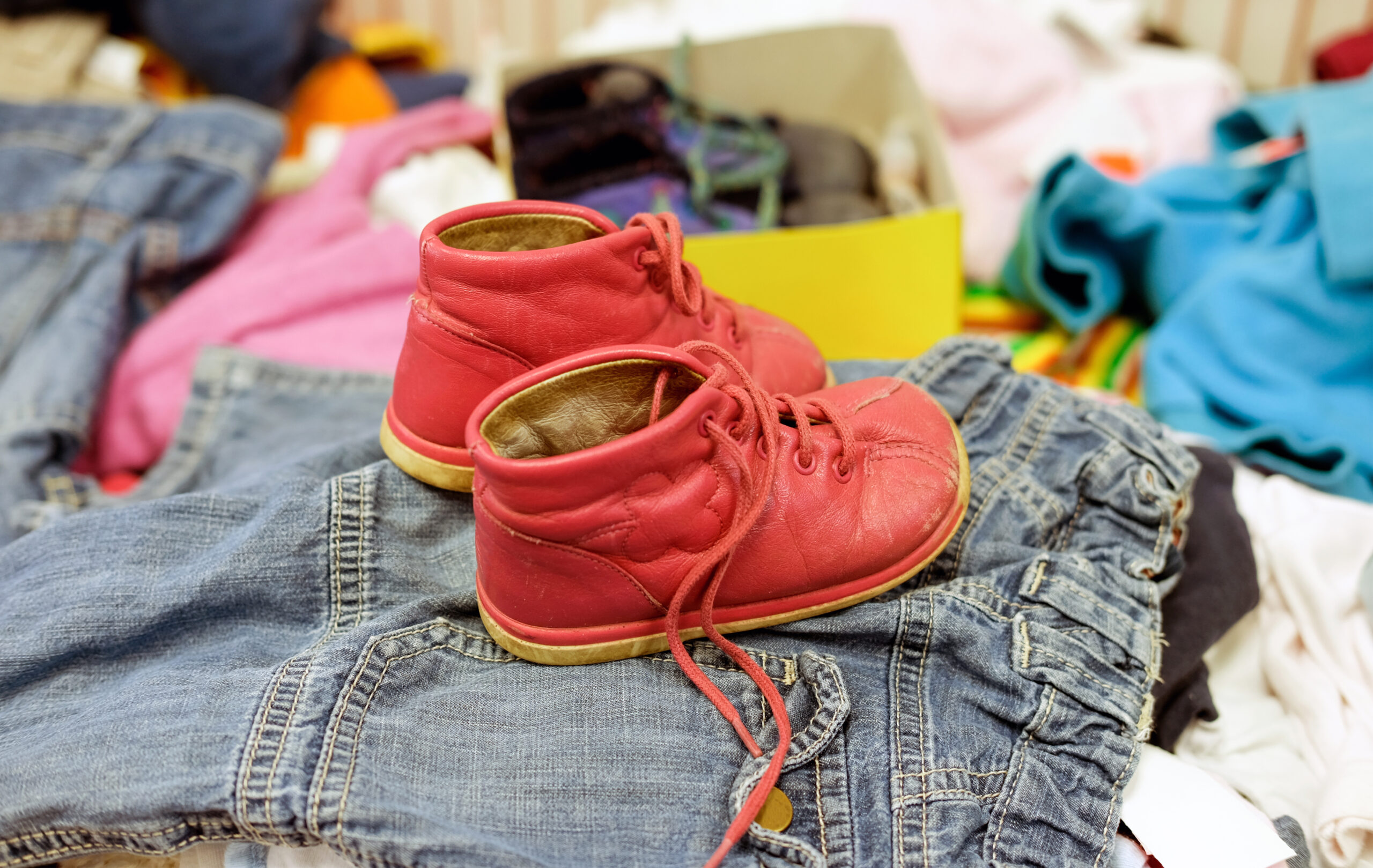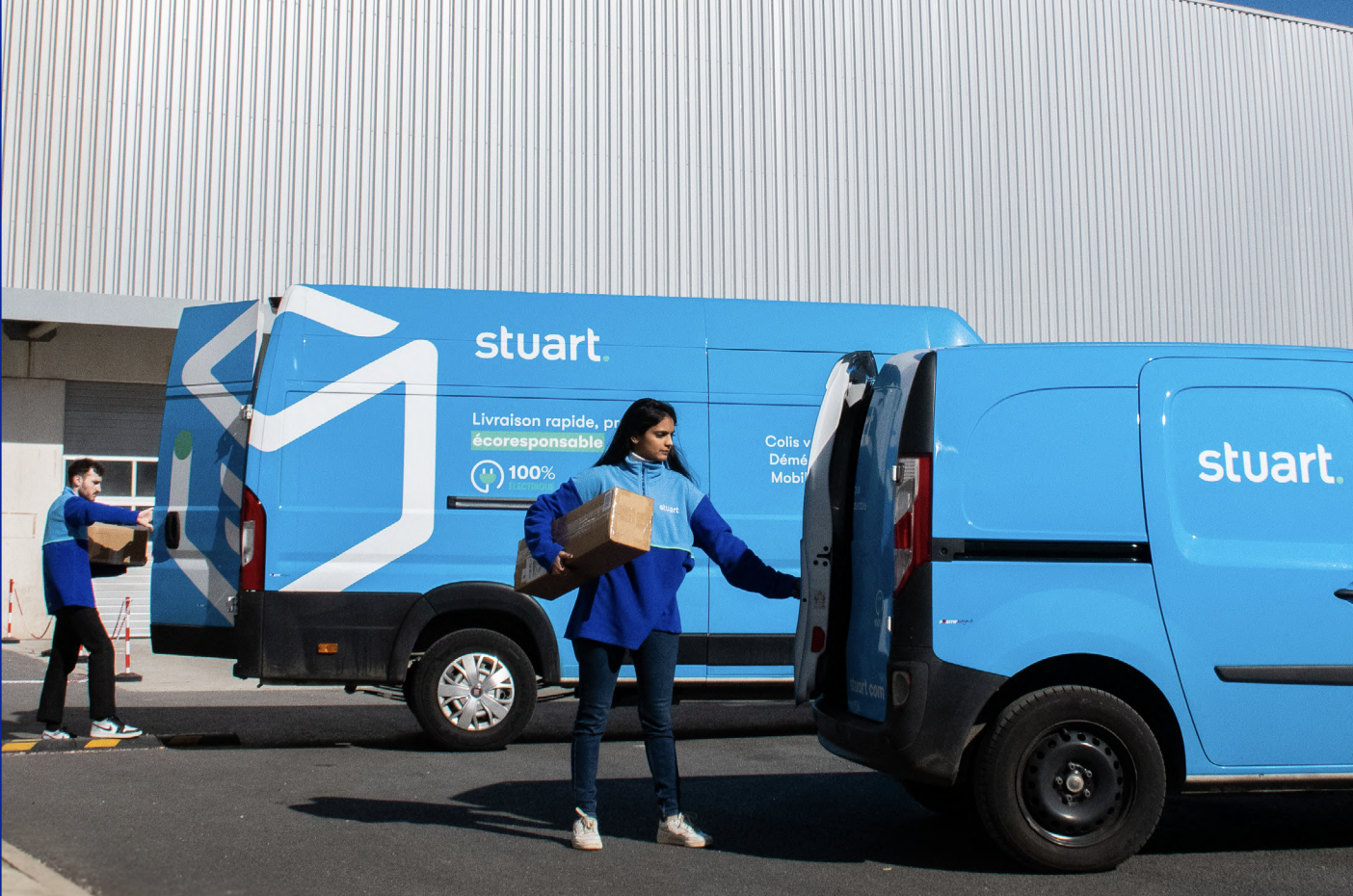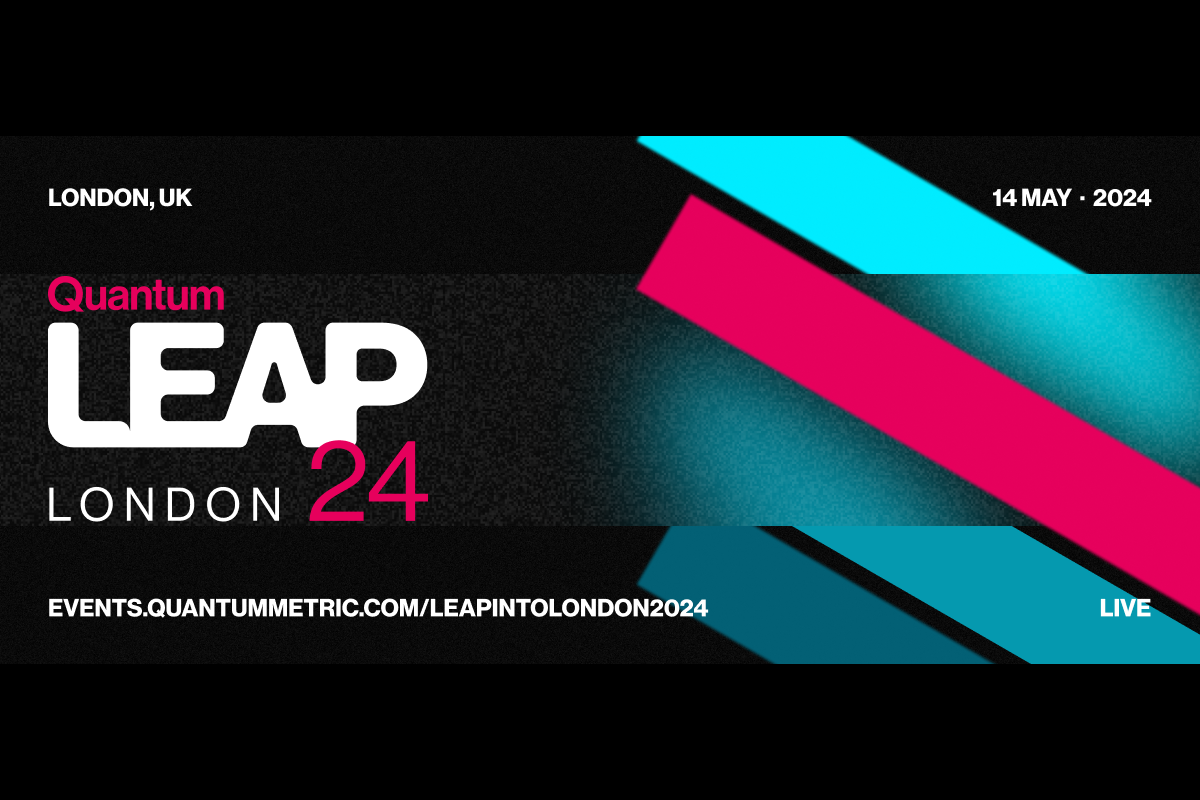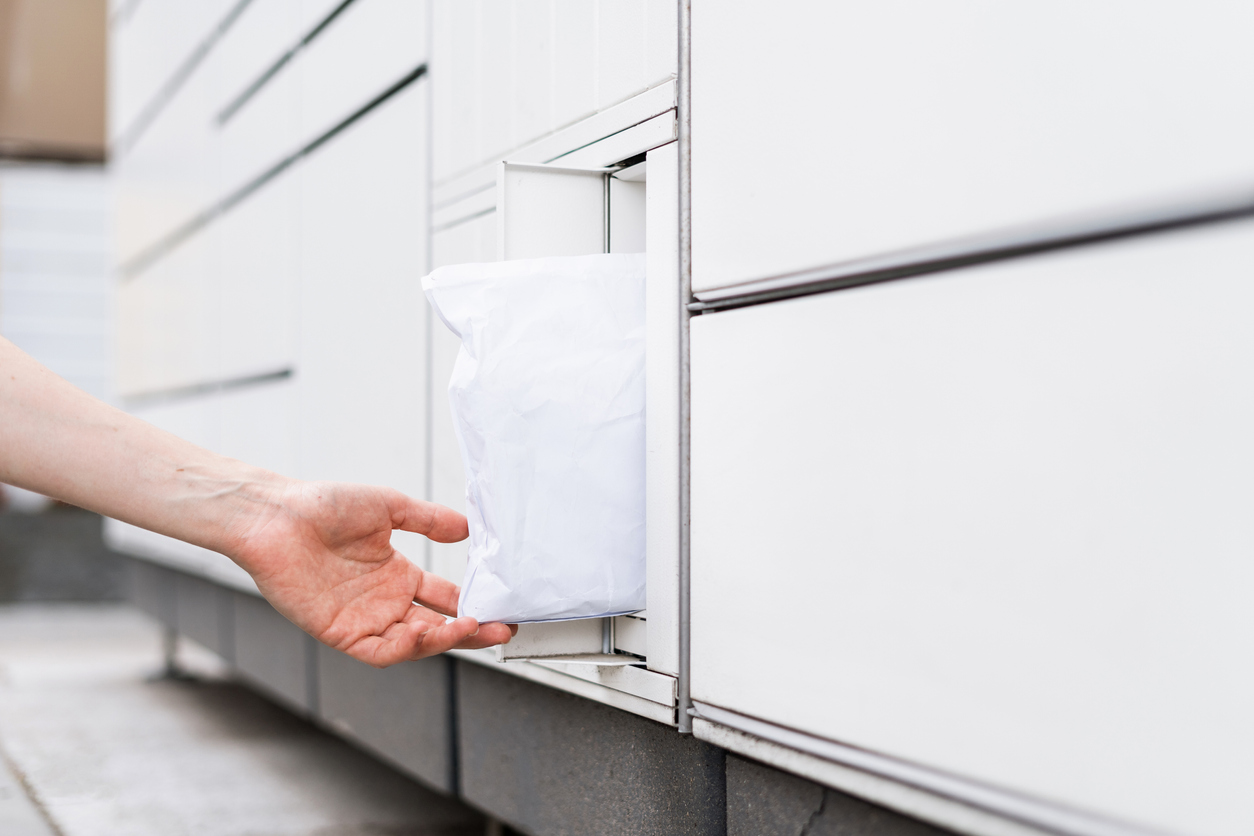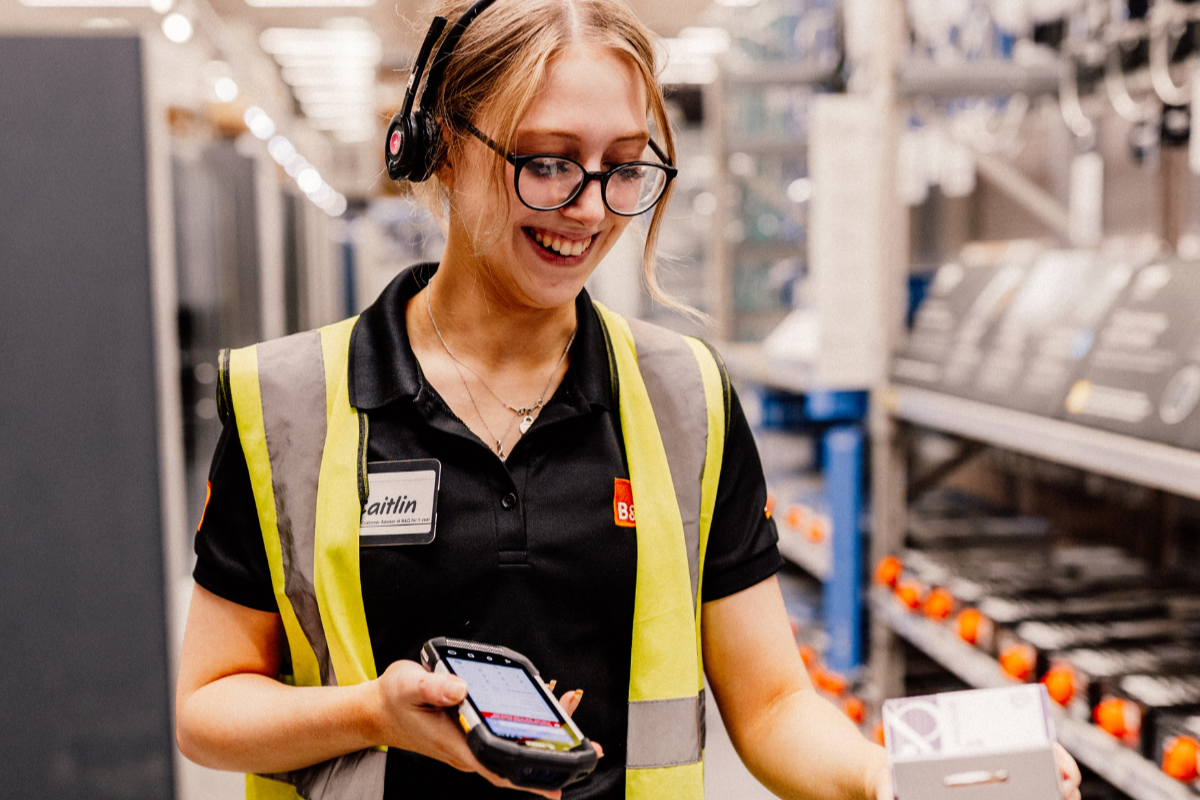David Jinks MILT, Head of Public Relations for international couriers ParcelHero, believes ‘urban mining’ and freight hubs can help green our cities.
Thanks to research by Professor Alan McKinnon and others we already know that home deliveries are greener than trips to High Street shops and out-of-town superstores. However, there is the potential for The Last Mile to be greener still; the catch is it requires a new approach to urban logistics.
By combining city freight hubs, already successfully pioneered during the 2012 London Olympics, and ‘urban mining’, we can reduce the amount of deliveries in our towns and cities significantly, and perform a valuable green service.
By having items sent into a central freight hub, and then consolidated into one shipment and delivered to individuals and businesses by electric van or even delivery bike, the possibility exists to halve the number of journeys. And rather than have the vehicles return empty to the hub, why not have them pick up ageing Amstrads and ancient Acers? It solves the mortal sin of running vehicles empty and performs an important environmental service.
The recyclable items can then be picked up from the hub by a partner waste management company and removed to their own sites for recycling. It’s a simple reverse logistics concept known, rather coolly I think, as ‘urban mining’.
The concept of urban freight hubs worked well during the Olympics, and organisations such as The Chartered Institute of Logistics & Transport and Transport for London have been pushing to keep them on the radar, as well as other ideas successfully trialled during the Games such as night time Quiet Deliveries.
Combining the concept of freight hubs and collecting electrical recyclables isn’t a brand new idea. A scheme is already in operation in Holland. There’s a double Dutch scheme in operation in the towns of Nijmegen and Maastricht. Consumers and companies sign up for this ‘Freight Circle’ service. Their goods are sent to a central freight hub, where they are bundled and delivered to the customer at a convenient time. And their dead batteries and broken blenders are despatched for recycling using the courier’s return journey.
The Dutch Freight Circle scheme is being supported by the EU funded project LaMiLo (Last Mile Logistics). With or without EU cash the idea makes sense though, and could actually reduce costs for delivery companies significantly: by saving multiple deliveries, as well as reducing congestion and C02 levels.
Reverse logistics and freight hubs require co-operation between urban residents, businesses and local government. But the opportunities are great. Urban mining could actually prove to be a gold mine for logistics operators and our cities in general.
For more information about green deliveries see this item on our website.

